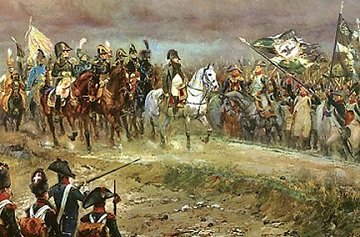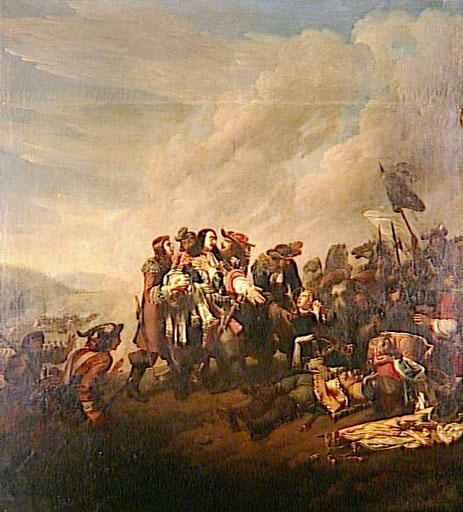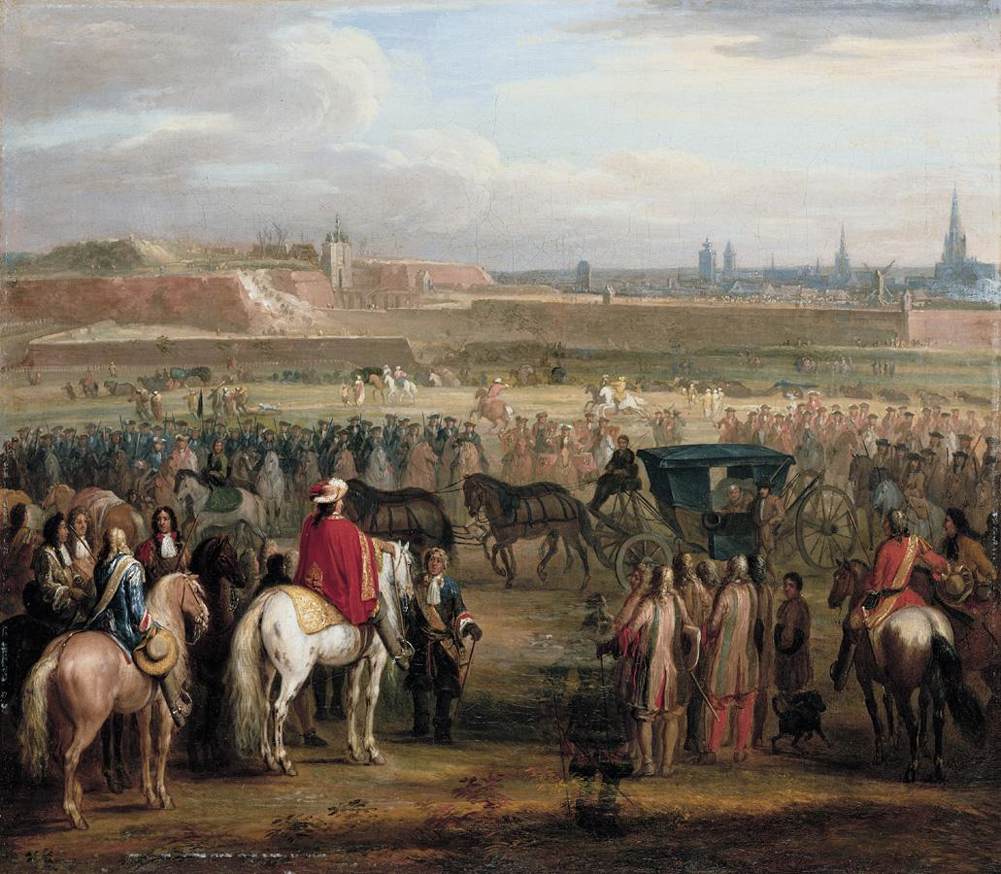
The war of the Rhine Part 1
Excerpted from Lords of France
During the reign of Henri II, France exerted influence on Germany through Luxembourg and her long northeastern border. Henri’s reign featured an oddly positive relationship between France and her Rhenish neighbors given Louis XII’s brutal subjugation of the area. Despite the collapse of the the French-created Confederacy of the Rhine (constructed as a dumping ground for Huguenots and originally including Mayence, Francfort, Baden and the Palatinate), or perhaps because of France’s acquiescence to such a collapse, French traders were able to encounter mostly good feeling over the 1630s and 40s and pro-French groups soon dominated the politics of each of the three major Rhenish states.
It is important to note here that each of the major states along the southern Rhine had an electoral form of government at this point. The Confederacy was an electoral monarchy, Francfort a republican city-state, and Mayence an elected Bishopric. Through her influence in both secular and religious politics, France was able to place Francophile rulers at the heads of each of these states, with anti-french sentiment being mostly an aspect of the smaller states along the Rhine, such as Durlach, Hagenau, or Weisbladen. French influence along the southern Rhine was so strong that even Dusseldorf and Hesse jockeyed for position in the Louvre through the 1630s, and French coin (and the threat of French arms) protected all those Rhenish states who wished to remain independent from Hapsburg or Prusso-Saxon influence.

The French embassy in Worms. Henrian France retained close ties with the whole of western Germany I’ll probably put a map in when I’m close to my computer and not this vista nonsense
The loss of Luxembourg and Lorraine destroyed this. Firstly, it gave German Huguenots a rival power to orient themselves towards, and secondly, the revelation of France’s utter weakness in the face of a pair of relatively minor states took away any influence that France had in what had been the heart of her empire. And so over the 1650s and 1660s the Rhenish states drifted, with the northern states mostly moving towards Holland and the southern states allying with the increasingly powerful Saxony.
The Grand Duchy of Saxony had grown out of the Fourty Years War from a weak collection of bishoprics, city states, and counties into one of the most powerful states in Europe. This can be attributed to her odd combination of a Constitutional monarchy with a highly experienced and massive army. In order to ease the strain presented by a country populated by no less than ten different strains of Christianity, Johan IV Duke of Saxony allowed for the indirect election of his ministers by the rulers of each areas of his realm, allowing for a more diverse cabinet than Europe had ever seen. Beyond this, he reformed his military, creating an army of conscripts drilled relentlessly by mercenaries. In 1664, though Saxon was a small state, she possessed an army of 80,000, as large as any European army outside of Sweden.

Johan IV von Wallenstein, son of Albrecht Wallenstein
This served her well when Austria turned her attention north. During the war of Bavarian Succession, Saxony held her own and fought Austria to a standstill, despite her long border with Bohemia and despite the harsh defeats that Prussia endured. Austria’s sudden transformation into a belligerent German power and the seeming frailty of French arms led to Saxony moving into the spotlight as the protector of independent German states. She also emerged as the defender of Reformed Christians all of Europe over. As the only major power to have embraced the Reformist faith, Saxony was becoming increasingly popular among Reform christians in England and along the Rhine.
This created a great deal of pressure in the one German state still definitively in France’s orbit. The rhenish coalition, a combination of the catholic Margraviate of Baden and Bishopric of Speyer and the Protestant Palatinate, had been electing the Francophile Wittelsbachs for the last fifty years, but the imminent death of Charles Louis, who was without heir, was prompting an election which could possibly lead to the pro-Saxon Philip-William Neuberg ascending to the Ducal throne. This horrified both the heavily pro-French army and the country’s Catholic population, as well as a sizeable group in the capital who saw that being a buffer for France was less of a threat than being Saxony’s forward position for a war with whomever. This was directly opposed by the Reformed christians who had been badly treated under the Confederacy and who wished for an alliance with their coreligionists and particularly despised their place within French suzerainty. Thus, when the army announced that it would full-heartedly support Louis de la Tour d’Auvergne, a Huguenot officer living in France, as duke, revolts broke out along the Palatinate. These revolters soon called for the support of Saxony, while the Rhenish army called for their allies in France.
And thus the War of the Rhine had begun.











